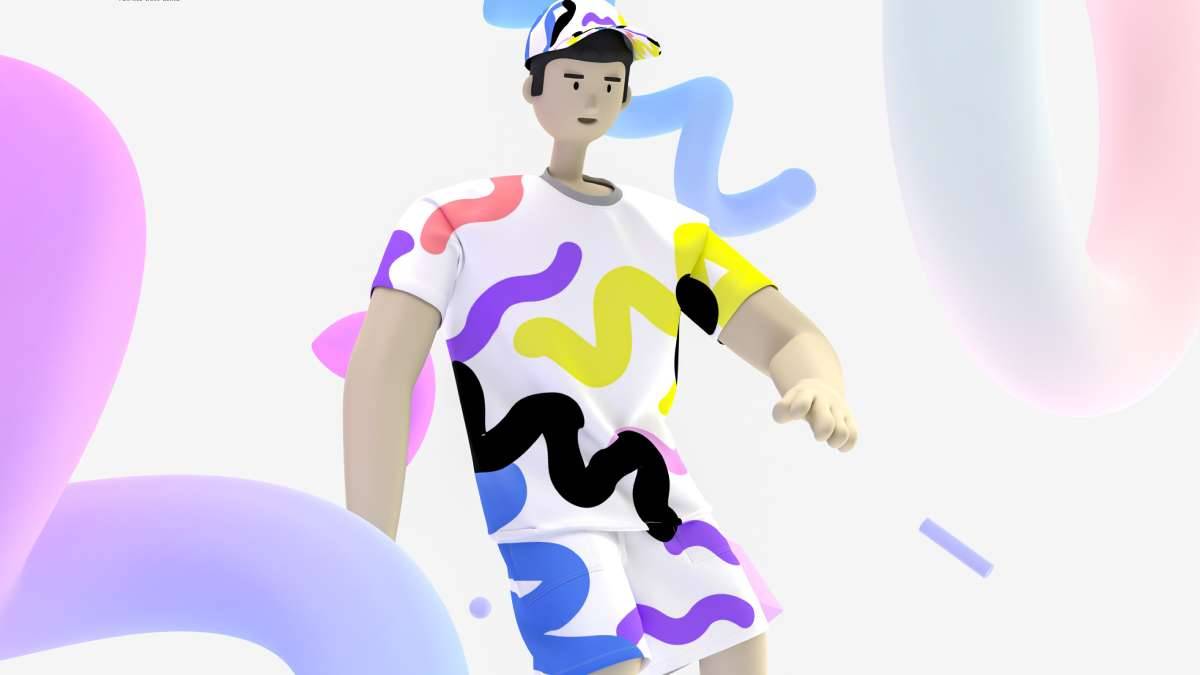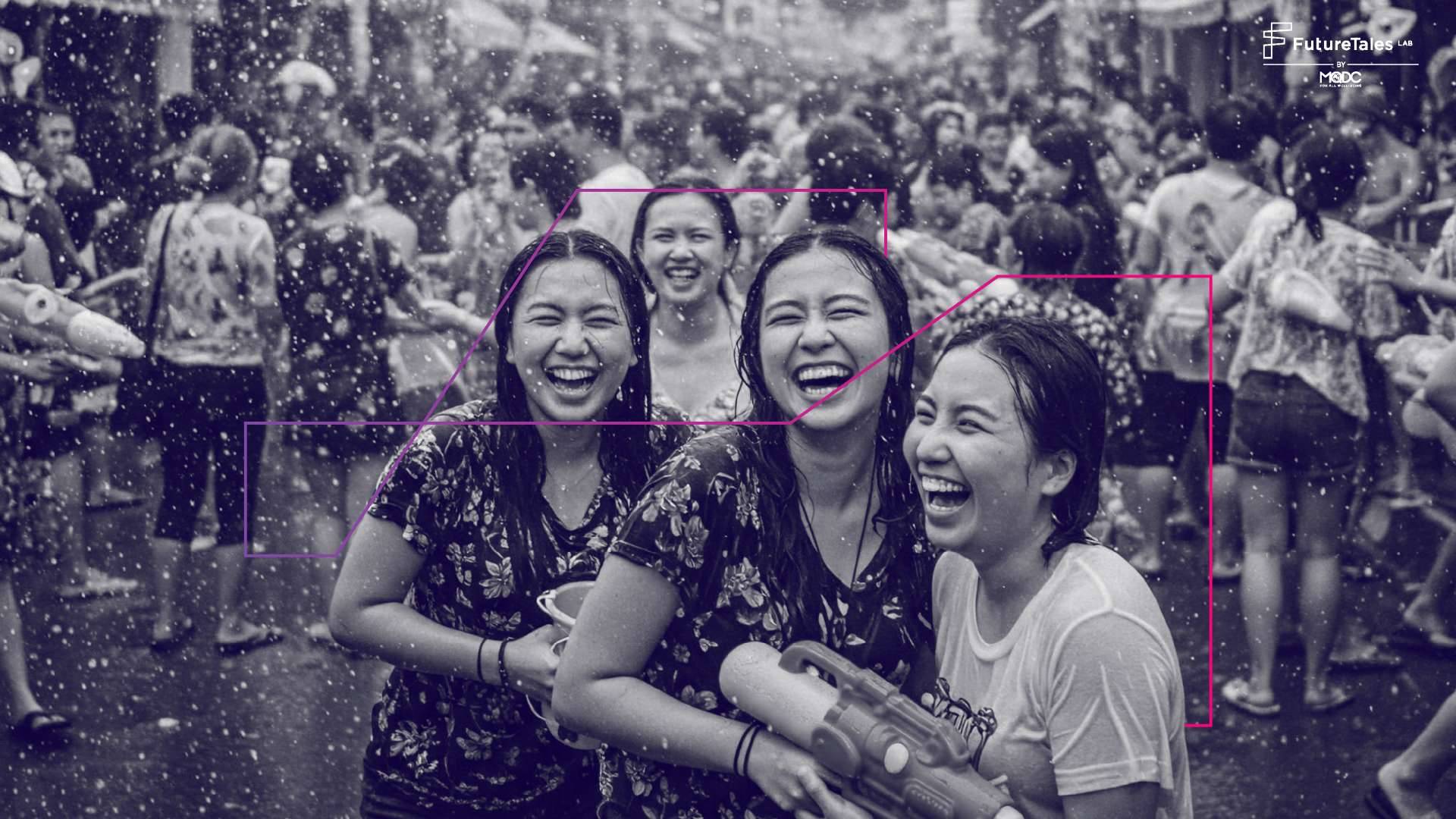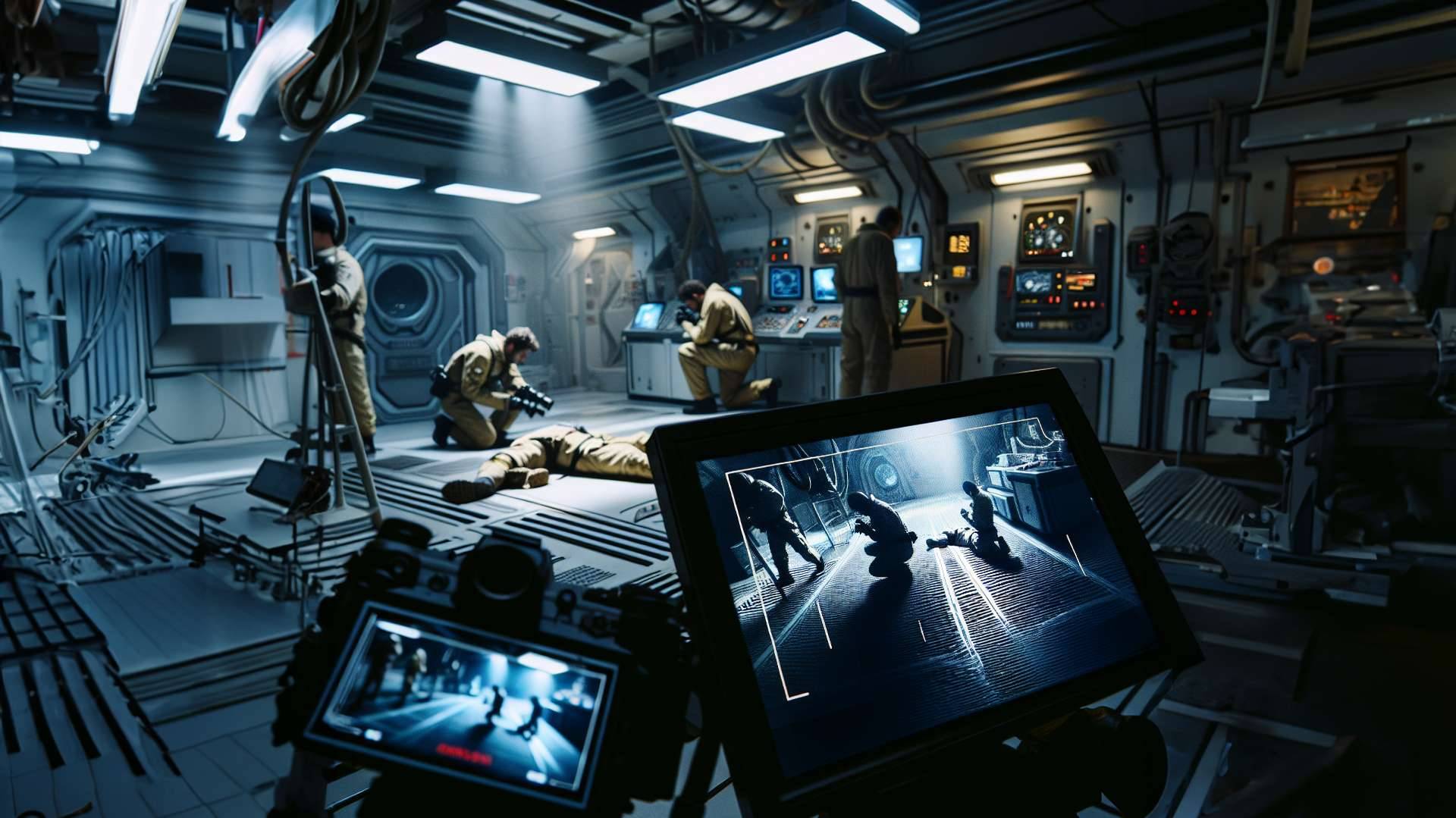
2030: Fashion Industry in Metaverse
ARTICLES | Jan 20, 2023
Writer: Nuttawut Kulkaew
Editor: Wittaya Wonglor
Fashion reflects and sets society’s values so it changes fast with global trends and people's interests. The metaverse today means both the creation of virtual worlds and the use of extended reality technologies like holograms or augmented reality for immersive real-world experiences. In 2031, the metaverse is expected to generate $2.8 trillion in global GDP, with the fashion market reaching $6.61 billion with an annual growth rate of 36.47% in 2021-26. In 2022, there were reports of investments in companies related to the metaverse of more than $1.2 billion. By 2030, the Asia-Pacific region will probably become a global leader in virtual and metaverse economies.
A survey in 2022 found 45% of customers worldwide believe virtual identities are as important as physical ones. 30% of companies worldwide will be ready to launch goods and services in the metaverse by 2030. Gaming primarily drives today's digital fashion through the purchase of clothes and “skins" for avatars. But a collaboration between fashion brands and video game companies to design skins could make $6 billion from individual sales alone. 18% of gamers are interested in giving their character designs influenced by famous fashion brands. Fashion companies that see these opportunities are entering the metaverse.
Following Facebook's announcement of its transformation into Meta, governments and corporations across a wide range of sectors—including technology, marketing, and entertainment—plunged into the metaverse. Fashion was one of the first sectors outside gaming to dabble.
The metaverse’s arrival in both the physical world and virtual platform has created new jobs in the fashion industry. Careers will arise from the combination of existing work skills with learning and adapting for more diverse and creative competencies, such as a designer, stylist, photographer, set designer, marketer, event designer-organizer. Completely new job titles such as virtual influencers, involving AI mixed with real-life prototypes, could emerge.
Implications for the future:
Game companies will become an experimental sandbox to explore metaverse possibilities for interested industries. Massive public and private investments will be made in the sector. The upshot will be the proliferation of the digital economy and entertainment.
- Technology firms will place more of an emphasis on fashion and lifestyle. Turning the imagined world into reality will open new careers and a need for creative but tech-savvy people.
- A prosperous metaverse platform will keep expanding its virtual world business. Brand and company experiences will become a part of consumers' everyday lives, whether or not they are using the platform. For example, a pop-up shop or community hub might exist alongside the virtual world.
- The real estate industry must reevaluate its role in the future of building space and experience. Mixed-use developments will serve as a testing ground for various extended reality technologies in the real estate sector.
Want to know more about us? Click https://web.facebook.com/FutureTalesLABbyMQDC or follow at https://www.blockdit.com/futuretaleslab











